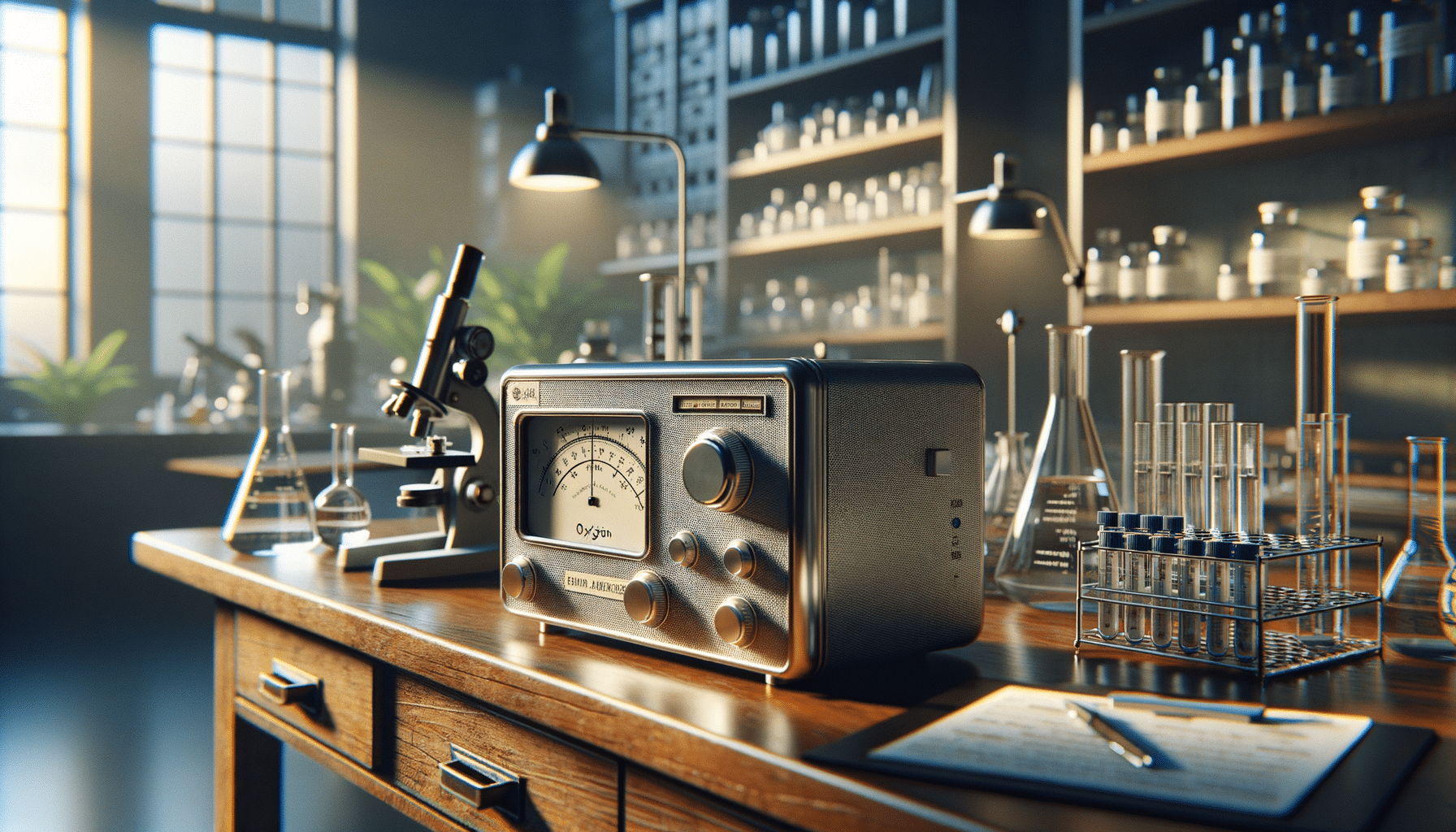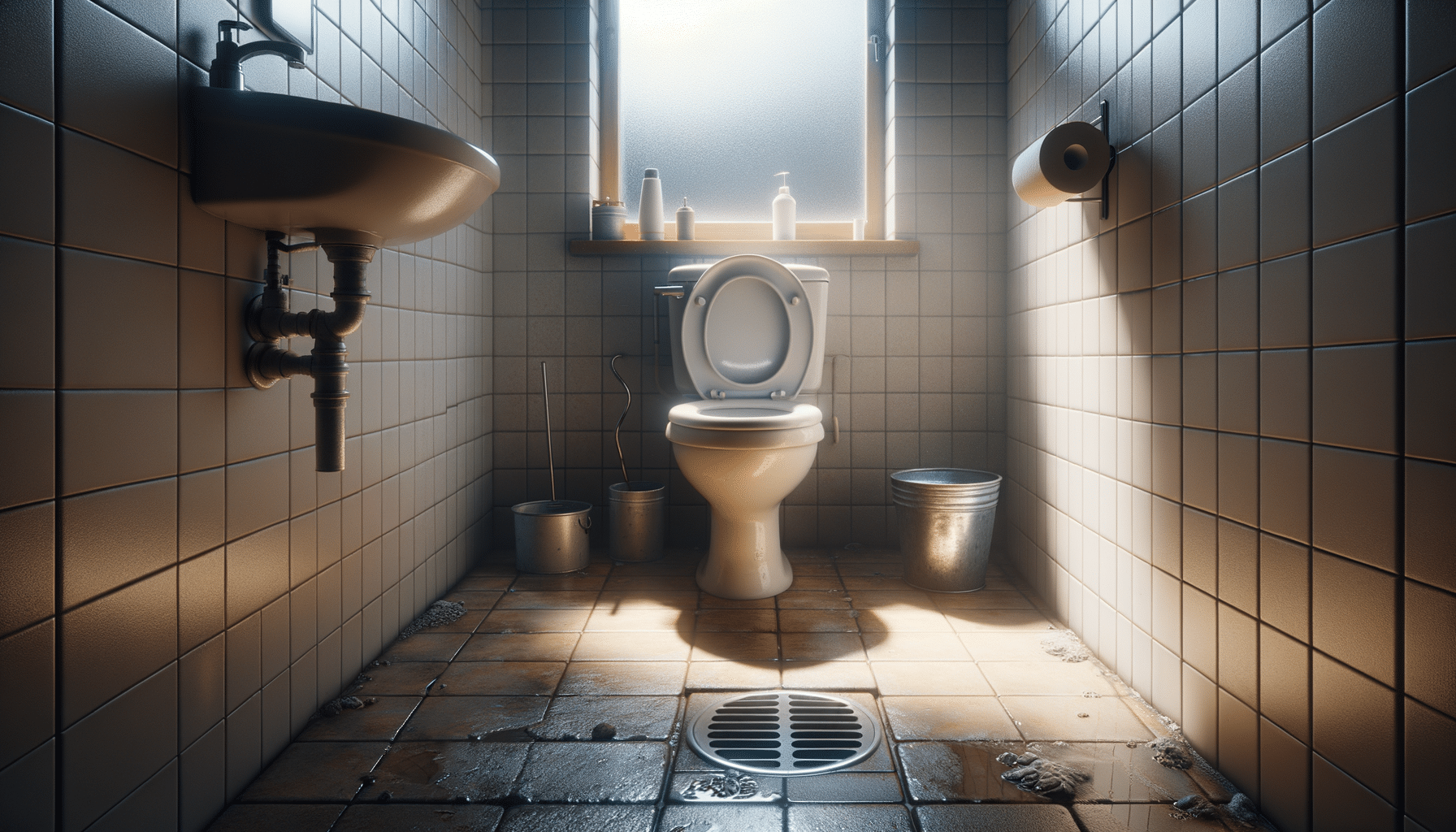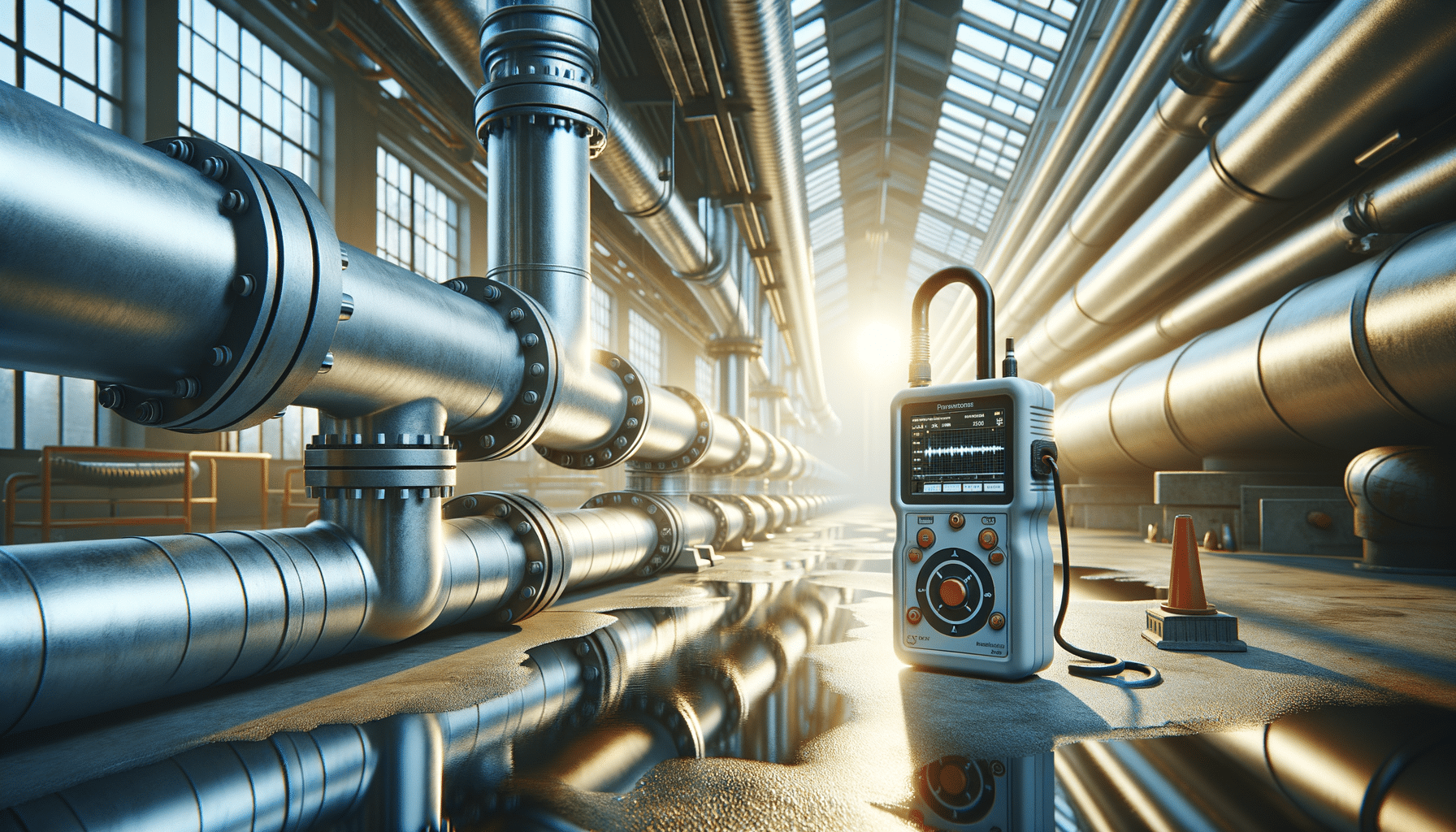
Understanding Professional Plumbers: An Overview
The Role of Professional Plumbers
Professional plumbers play a vital role in maintaining the plumbing infrastructure of both residential and commercial properties. These skilled individuals are responsible for installing, repairing, and maintaining systems used for water, sewage, and drainage. Without their expertise, our daily lives would be significantly disrupted due to plumbing failures. Whether it’s a leaky faucet, a clogged drain, or a major pipe installation, plumbing professionals have the knowledge and tools to ensure these issues are addressed efficiently.
Plumbing professionals are trained to handle a variety of tasks, including reading blueprints, understanding plumbing codes, and using specialized equipment. They must stay updated with the latest advancements in plumbing technology and techniques to provide the best services possible. In addition to technical skills, they also need strong problem-solving abilities to diagnose issues accurately and implement effective solutions.
The importance of professional plumbers cannot be overstated as their work ensures the safety and convenience of water usage in homes and businesses. They help prevent waterborne diseases by ensuring clean water supply and proper waste disposal. Moreover, their work contributes to water conservation efforts by installing efficient fixtures and repairing leaks.
Training and Certification
Becoming a plumbing professional requires a significant investment in education and training. Most plumbers begin their careers through apprenticeship programs, which combine classroom instruction with on-the-job training. These programs typically last four to five years, during which apprentices learn about plumbing systems, safety protocols, and the use of various tools and materials.
Upon completing an apprenticeship, plumbing professionals must often pass a licensing exam to become certified. This certification is crucial as it ensures that the plumber adheres to industry standards and regulations. Certification requirements vary by region, but they generally include a combination of education, experience, and examination.
Continuing education is also important for plumbing professionals. As plumbing technology evolves, ongoing training helps them stay current with new tools, techniques, and regulations. Many plumbers choose to specialize in specific areas, such as green plumbing or commercial systems, further enhancing their expertise and marketability.
Common Plumbing Issues and Solutions
Plumbing problems can range from minor inconveniences to major emergencies. Some of the most common issues include dripping faucets, clogged drains, and running toilets. While these may seem like simple problems, they can lead to significant water waste and increased utility bills if not addressed promptly.
Plumbing professionals are skilled at diagnosing and repairing these common issues. For instance, a dripping faucet might require replacing a worn washer or O-ring, while a clogged drain could be cleared with a plumber’s snake or chemical drain cleaner. More complex problems, such as pipe leaks or sewer line issues, may require more extensive repairs or replacements.
Preventative maintenance is another key service offered by plumbing professionals. Regular inspections and maintenance can help identify potential issues before they become major problems, saving time and money in the long run. This proactive approach is crucial for maintaining the integrity of plumbing systems and ensuring their efficient operation.
Advancements in Plumbing Technology
The plumbing industry has seen significant technological advancements in recent years, enhancing the efficiency and sustainability of plumbing systems. Modern plumbing professionals must stay informed about these innovations to provide the most effective solutions for their clients.
One notable advancement is the development of smart plumbing systems. These systems use sensors and internet connectivity to monitor water usage and detect leaks in real-time. This technology allows homeowners to manage their water consumption more effectively and prevents costly water damage.
Another significant advancement is the use of trenchless technology for pipe repairs. This method allows plumbing professionals to repair or replace underground pipes without extensive excavation, minimizing disruption to the property and reducing repair costs.
Green plumbing solutions are also gaining popularity as more people seek environmentally friendly options. These solutions include the installation of low-flow fixtures, rainwater harvesting systems, and greywater recycling systems, all of which contribute to water conservation and reduced energy consumption.
Choosing the Right Plumbing Professional
When faced with a plumbing issue, selecting the right plumbing professional is crucial for ensuring quality service and reliable results. There are several factors to consider when making this decision, each contributing to the overall satisfaction with the service provided.
First, verify the plumber’s credentials, including their licensing and certifications. This ensures that they have the necessary training and adhere to industry standards. It’s also important to check their experience level, especially concerning the specific issue you are facing. Experienced plumbing professionals are more likely to provide efficient and effective solutions.
Recommendations from friends, family, or online reviews can be valuable resources when choosing a plumber. These testimonials provide insights into the plumber’s reliability, professionalism, and quality of work. Additionally, request a detailed estimate before any work begins to avoid unexpected costs.
Finally, consider the plumber’s availability and response time. Plumbing issues often require immediate attention, and a plumber who can provide prompt service will minimize potential damage and inconvenience.


